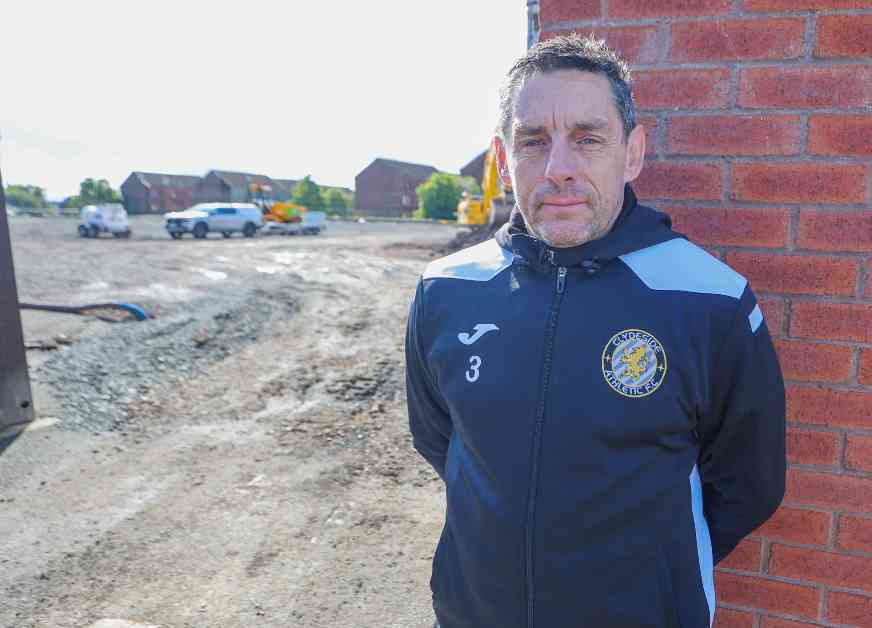Clydeside Athletic FC, a 20-year-old football team based in Glasgow, is facing a potential closure due to the skyrocketing costs of pitch rent. The team, established in 2001, has been a prominent figure in the premier division of the Glasgow Saturday Morning College League, showcasing their skills with league wins and numerous cups and trophies over the years.
The primary concern for the team arose when the price for a two-hour weekend game at their home ground, Petershill Park, escalated from £86 to an exorbitant £300 in recent times. Carlo Morlotti, the Manager of Clydeside Athletic FC, expressed his apprehension about the financial strain this increase poses on the club. He stated, “No one can afford that amount of money for a weekend game, no matter what level you are. It’s astronomical and I can’t even see the logic in it.”
The implications of such exorbitant costs extend beyond the financial burden on the club. Morlotti highlighted the impact on the mental health of players and the accessibility of the sport to young individuals. He emphasized, “This is not just a Saturday league, it is men’s mental health we are talking about. It also means a lot of kids won’t be able to afford to play and that leads to youngsters getting into drinking drugs and crime. It is really worrying.”
The situation faced by Clydeside Athletic FC mirrors a broader issue within the football community in Glasgow. St Roch’s, another team in the area, revealed that the escalating costs of pitch rentals had forced them to allocate approximately £1400 per month, significantly straining their financial resources. This trend underscores the growing concern that football is becoming a sport accessible only to those with significant financial means.
Petershill Park, where Clydeside Athletic FC trains and plays, is owned by the Partick Thistle Charitable Trust (PTCT), which obtained a 25-year community asset transfer from Glasgow City Council in January 2021. Despite PTCT’s offer of a reduced rate of £210 for two hours of play, Morlotti deemed this increase unacceptable compared to their previous rate of £150, attributing it to what he perceived as “greed.”
Fraser Cromar, the CEO of PTCT, shed light on the challenges faced by the trust in maintaining the facility, citing the necessity for upgrades such as resurfacing and the installation of floodlights. He acknowledged the concerns raised by Clydeside Athletic FC and emphasized the financial strain incurred by the trust in managing rising costs across various operational areas.
While the escalating costs of pitch rentals pose a significant threat to the sustainability of amateur football teams like Clydeside Athletic FC, it also raises broader questions about the accessibility and affordability of the sport. As clubs grapple with financial pressures, the risk of exclusion for players from diverse socio-economic backgrounds becomes a pressing issue that demands attention and resolution.















